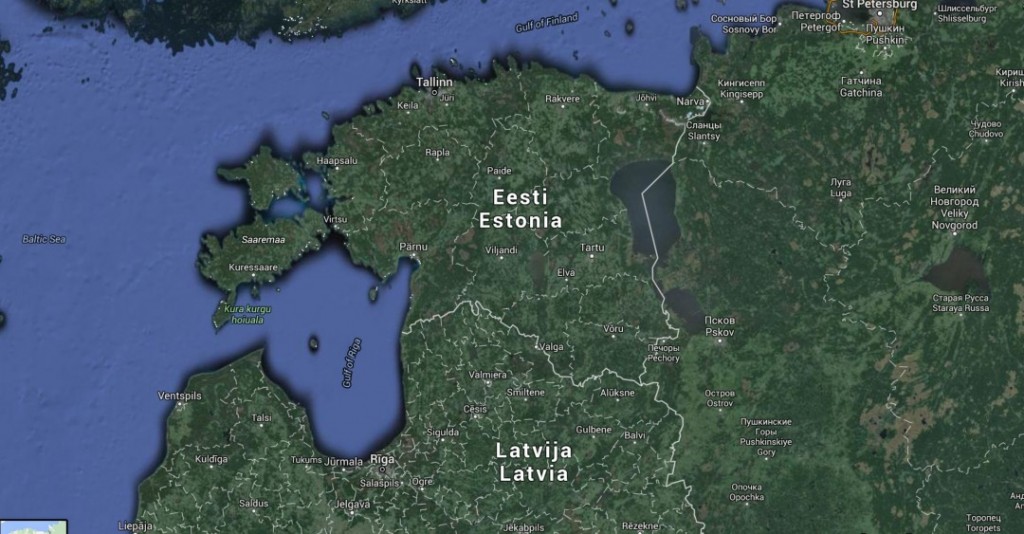“The only proper title of our war is “the war of conquest.” I always speak of it so. To call it a civil war is to acknowledge that the States, which are now merely counties of a government at Washington, were not the sovereignties they were until 1865.
Then we had a “Union” based on “the consent of the governed”; now we have a “nation,” founded on force like the monarchies of Europe. “Civil war,” therefore, does not express the truth. If England and France go to war . . . would it be called a “civil war?” Nor the war between the sovereign States of the North against the Confederate States.
Neither let us speak of the “Union troops” and the “ex-Confederates.” Are we not now just as much Confederate as ever? I don’t like the “ex.” “X” is an unknown quantity; and the world knows our quality and found out how small was our quantity when it was discovered that with only six hundred thousand men, all told, we kept out of Richmond for four years twenty-five hundred thousand men of the other nation. Let our war be known as what it was in reality, the “war of conquest.”
(Rev. P.G. Robert, Chaplain, Thirty-fourth Virginia Infantry, Confederate Veteran, November, 1898, page 520)
********************************
Following the War Between the States, the freedmen were exploited by the infamous Union League to help ensure the election of Northern radical Republicans who exploited and bankrupted the exhausted South. The emergence of the Ku Klan Klan was a predictable result.
Bernhard Thuersam, www.Circa1865.com The Great American Political Divide
War of Conquest, Not Emancipation
“Reconstruction” is a curious name to apply to the period following the war. Indeed, the war had left widespread destruction, but the government in Washington had no policy of reconstruction. The South was left to its own economic devices, which largely amounted to being exploited by Northern interests who took advantage of cheap land, cheap labor, and readily available natural resources. This exploitation and neglect created an economic morass, the results of which endure into the twenty-first century.
Not surprisingly, governments based on the leadership of carpetbaggers, scalawags, and freedmen, groups that represented a minority of the population, met widespread and violent opposition. This attempt to create a government based on racial equality was made even more ludicrous when many of [the] Northern States rejected the Fourteenth and Fifteenth amendments to the U.S. Constitution, creating a situation where the States that said they had worked to free the slaves failed to grant equality to people of color.
(Nathan Bedford Forrest’s Escort and Staff, Michael R. Bradley, Pelican Publishing Company,
War of Conquest, Not Emancipation
“Reconstruction” is a curious name to apply to the period following the war. Indeed, the war had left widespread destruction, but the government in Washington had no policy of reconstruction. The South was left to its own economic devices, which largely amounted to being exploited by Northern interests who took advantage of cheap land, cheap labor, and readily available natural resources. This exploitation and neglect created an economic morass, the results of which endure into the twenty-first century.
Not surprisingly, governments based on the leadership of carpetbaggers, scalawags, and freedmen, groups that represented a minority of the population, met widespread and violent opposition. This attempt to create a government based on racial equality was made even more ludicrous when many of [the] Northern States rejected the Fourteenth and Fifteenth amendments to the U.S. Constitution, creating a situation where the States that said they had worked to free the slaves failed to grant equality to people of color.
(Nathan Bedford Forrest’s Escort and Staff, Michael R. Bradley, Pelican Publishing Company,




